Cultural Differences Europe: Challenges and Adaptation Tips for Indian Students
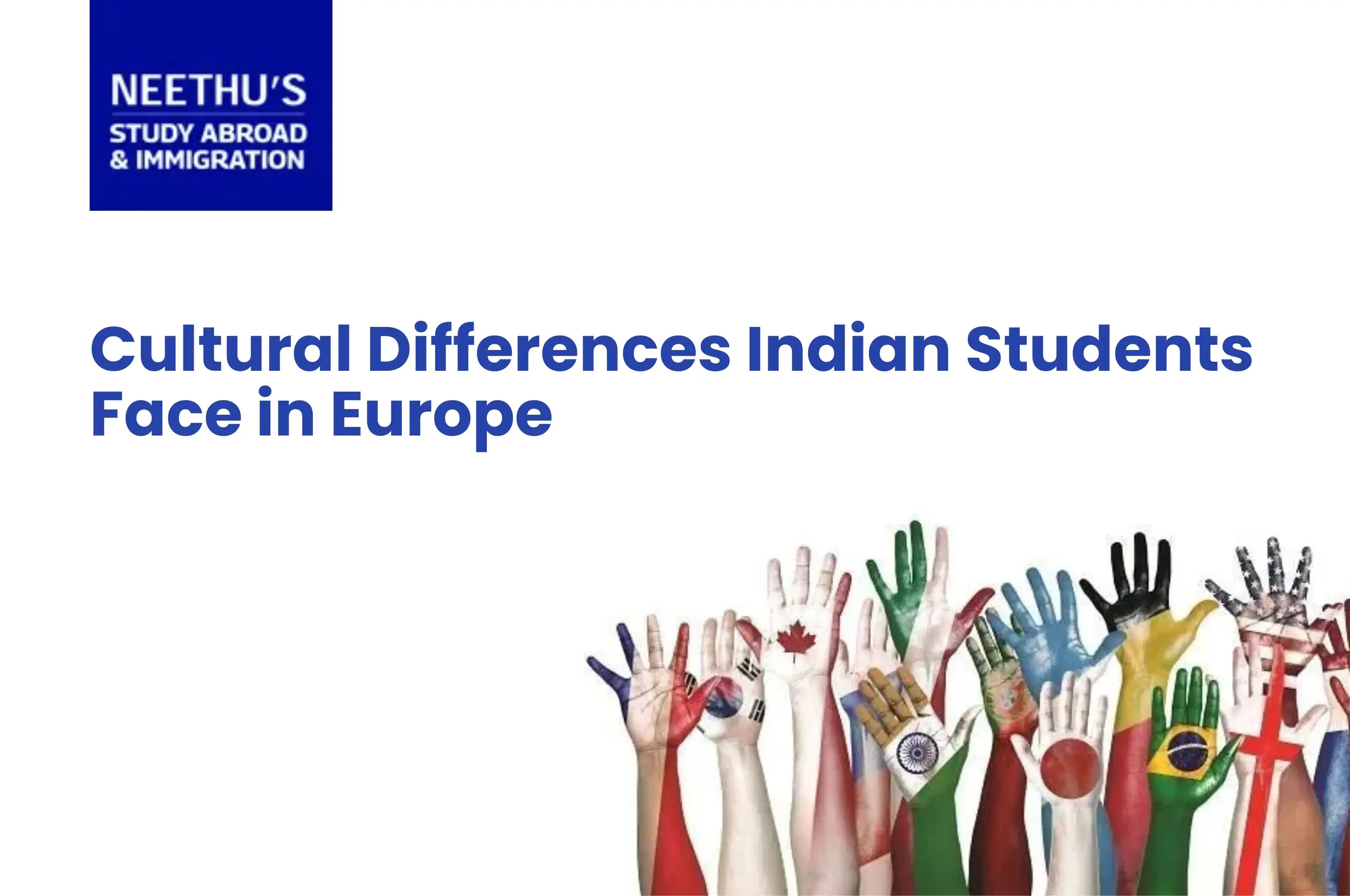
Studying abroad is a dream for many Indian students, and Europe has become one of the most sought-after destinations. With its diverse education system, historical universities, and global exposure, it offers excellent opportunities.
However, alongside academic growth, Indian students often face cultural differences in Europe that can feel overwhelming at first. From study habits and classroom dynamics to way of life and social manners, the study abroad culture shock is no illusion. Understanding these differences and knowledge of how to cope can make Europe student life more comfortable and rewarding.
Common Differences Indian Students Face in Europe
Classroom Dynamics
Education in India tends to focus on lectures by the teacher, note-taking, and exams. Students in Europe, on the other hand, are taught to ask questions, discuss, and analyze critically.
Professors tend to favor interactive sessions and individual research. Indian students may find this transformation from passive to active learning daunting but also liberating.
Communication Style
Europeans prefer directness. They are frank and straightforward without too much softening, which might come across as rude to Indian students who are used to being polite and indirect.
This cultural difference in culture can lead to misunderstandings at first but is useful in cultivating clarity and self-confidence.
Food and Dining Etiquette
Food is perhaps the largest cultural adaptation. Indian food is highly spiced and flavored, but many European foods are bland. Table manners, including splitting checks ("going Dutch"), rigid eating times, and smaller servings, may come as a shock to Indian students who are accustomed to eating together in family settings.
Social Norms and Friendships
Europeans are typically reserved and respect their personal space, while Indian culture prioritizes group living and a collective sense of belonging. It may take longer to make friends, but once formed, friendships last longer.
The transition from home parties to café hangouts or pub nights may be a different experience as well.
Punctuality and Time Management
In Europe, time is esteemed. Showing up late to class, social engagements, or appointments is not acceptable and is deemed disrespectful. This is in contrast to the loose attitude towards time in India. For students living in Europe, being punctual is a key part of acclimatization.
Festivals and Celebrations
Indian students tend to lack the color of Indian festivals like Diwali or Holi. European celebrations are more localized and associated with regional traditions, for example, Oktoberfest in Germany or Christmas markets throughout nations. Attending these celebrations can enhance intercultural understanding but also create homesickness.
Adaptation Strategies for Students
Embrace Open-Mindedness
The first step in adapting to Europe is to accept cultural differences with curiosity rather than resistance. Viewing them as opportunities for growth helps reduce stress.
Build Cross-Cultural Friendships
Joining student associations, cultural clubs, and volunteering activities allows Indian students to meet both locals and international peers. These friendships make navigating student life easier and provide emotional support.
Maintain a Balance of Indian Identity
Adjustment doesn't involve losing your own culture. Cooking Indian food, celebrating Indian festivals with friends, or participating in Indian student organizations assists in retaining cultural identity while being introduced to new traditions.
Enhance Communication Skills
Being receptive to open communication and learning how to communicate opinions assertively will make classroom discussions and social interactions easier. This is also a valuable skill for professional development in Europe.
Overcome Homesickness
Homesickness is part of the study abroad culture shock. Staying connected with family through video calls, carrying small reminders of home, and keeping busy with activities can reduce the emotional gap.
Learn Local Etiquette
Whether it's greeting etiquette, table manners, or an appreciation of personal space, knowing these little but significant practices can avoid embarrassing situations. For instance, a firm handshake in Germany or addressing someone with "bonjour" in France before initiating a conversation demonstrates respect for host culture.
Conclusion
Studying abroad in Europe isn't all academics—it's a cultural learning experience. The cultural differences in Europe can be daunting at first, but they enable Indian students to become more confident, resilient, and cosmopolitan individuals. Although the study abroad culture shock can be overwhelming, making friends, adapting to local traditions, and integrating one's Indian background with European ways make the experience easier.
Frequently Asked Question
What are the major cultural differences in Europe that impact Indian students ?
Dining habits, classroom interaction, and social etiquette are the most apparent differences.
How do Indian students handle study abroad culture shock?
Remain open-minded, find connections with support groups, and gradually acclimatize to new habits while maintaining homeland cultural connections.
Is living in Europe student-friendly for Indians?
Most European cities are extremely student-friendly with good facilities, though it requires patience to accommodate yourself.
What is the most effective way of adapting to Europe as an Indian student?
Synthesize cultural adaptation with individual identity—accept local habits while retaining your own.
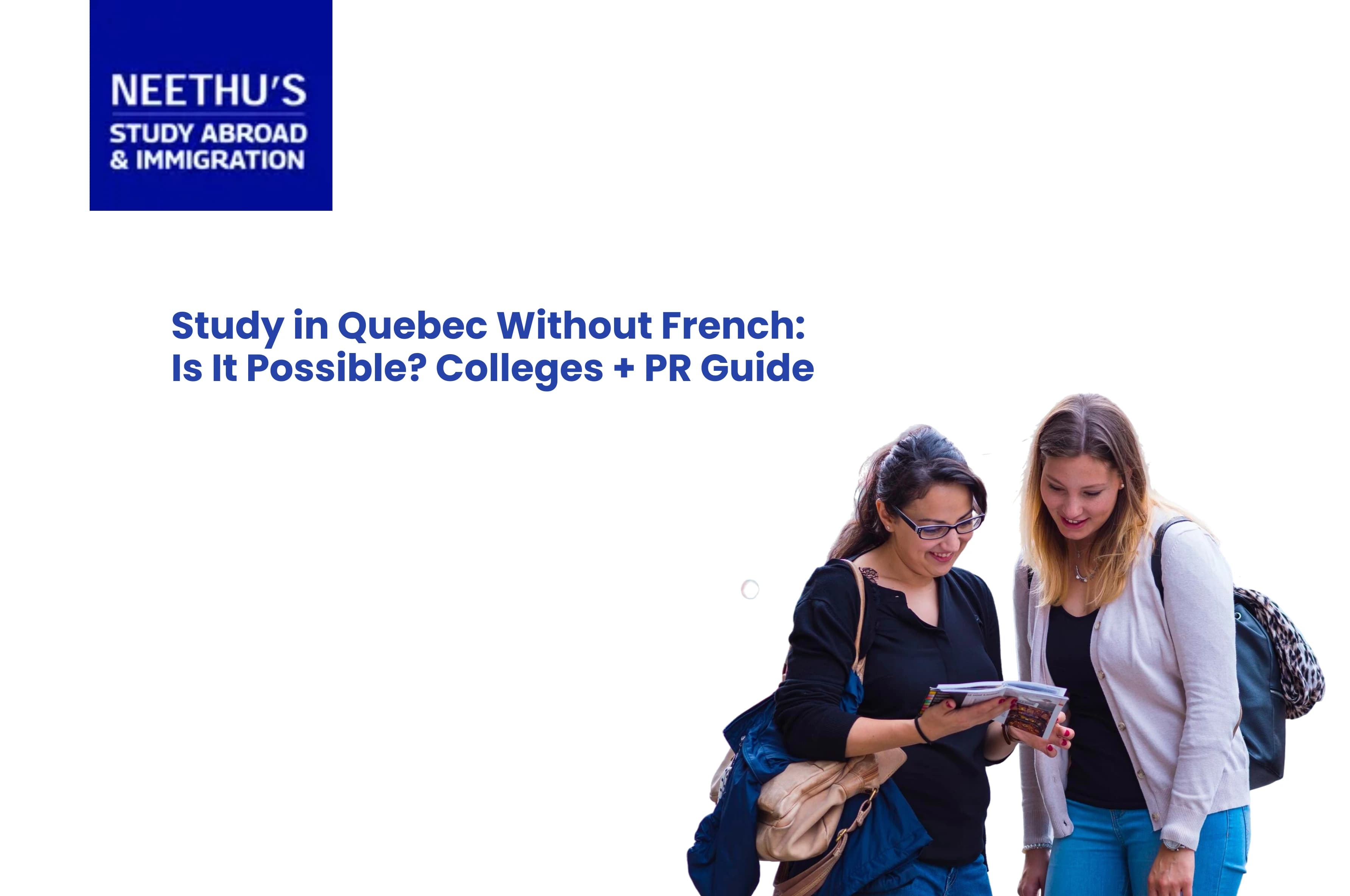





















_03-12-2025_01-17-26%20PM.webp&w=3840&q=75)
_02-12-2025_03-07-49%20PM.webp&w=3840&q=75)

_27-11-2025_04-06-24%20PM.webp&w=3840&q=75)
_25-11-2025_04-38-18%20PM.webp&w=3840&q=75)
_24-11-2025_03-20-26%20PM.webp&w=3840&q=75)
_22-11-2025_12-44-47%20PM.webp&w=3840&q=75)
_21-11-2025_04-17-47%20PM.webp&w=3840&q=75)
_20-11-2025_03-55-26%20PM.webp&w=3840&q=75)
_18-11-2025_04-00-40%20PM.webp&w=3840&q=75)
_15-11-2025_10-48-43%20AM.webp&w=3840&q=75)
%20(1)_14-11-2025_03-52-25%20PM.webp&w=3840&q=75)
_13-11-2025_03-02-38%20PM.webp&w=3840&q=75)
_08-11-2025_04-15-36%20PM.webp&w=3840&q=75)
_05-11-2025_04-01-50%20PM.webp&w=3840&q=75)
_05-11-2025_03-46-26%20PM.webp&w=3840&q=75)
_03-11-2025_03-31-09%20PM.webp&w=3840&q=75)
_04-11-2025_.webp&w=3840&q=75)
_04-11-2025_.webp&w=3840&q=75)
_28-10-2025_04-09-08%20PM.webp&w=3840&q=75)
_24-10-2025_05-10-31%20PM.webp&w=3840&q=75)
_24-10-2025_04-55-51%20PM.webp&w=3840&q=75)
_22-10-2025_04-40-20%20PM.webp&w=3840&q=75)
%20(1)_21-10-2025_03-05-46%20PM.webp&w=3840&q=75)
_21-10-2025_02-43-15%20PM.webp&w=3840&q=75)
_17-10-2025_05-08-52%20PM.webp&w=3840&q=75)
_17-10-2025_04-54-54%20PM.webp&w=3840&q=75)
_15-10-2025_03-46-47%20PM.webp&w=3840&q=75)
_14-10-2025_03-42-40%20PM.webp&w=3840&q=75)
_14-10-2025_03-29-48%20PM.webp&w=3840&q=75)
_13-10-2025_03-48-51%20PM.webp&w=3840&q=75)
_11-10-2025_04-28-42%20PM.webp&w=3840&q=75)
%20(1)_09-10-2025_04-12-08%20PM.webp&w=3840&q=75)

_07-10-2025_02-55-25%20PM.webp&w=3840&q=75)
_07-10-2025_02-39-51%20PM.webp&w=3840&q=75)
_06-10-2025_03-42-37%20PM.webp&w=3840&q=75)
_03-10-2025_04-42-59%20PM.webp&w=3840&q=75)
_01-10-2025_11-12-12%20AM.webp&w=3840&q=75)
%20(1)_29-09-2025_02-54-12%20PM.webp&w=3840&q=75)

_26-09-2025_12-14-18%20PM.webp&w=3840&q=75)
_24-09-2025_04-44-26%20PM.webp&w=3840&q=75)
_23-09-2025_04-14-36%20PM.webp&w=3840&q=75)
_22-09-2025_04-08-09%20PM.webp&w=3840&q=75)
_20-09-2025_03-26-03%20PM.webp&w=3840&q=75)
_17-09-2025_04-06-42%20PM.webp&w=3840&q=75)
_15-09-2025_04-43-43%20PM.webp&w=3840&q=75)
_13-09-2025_12-17-49%20PM.webp&w=3840&q=75)
_12-09-2025_04-31-36%20PM.webp&w=3840&q=75)
_12-09-2025_04-17-03%20PM.webp&w=3840&q=75)
_10-09-2025_03-59-59%20PM.webp&w=3840&q=75)
_09-09-2025_04-11-16%20PM.webp&w=3840&q=75)
_09-09-2025_03-53-52%20PM.webp&w=3840&q=75)
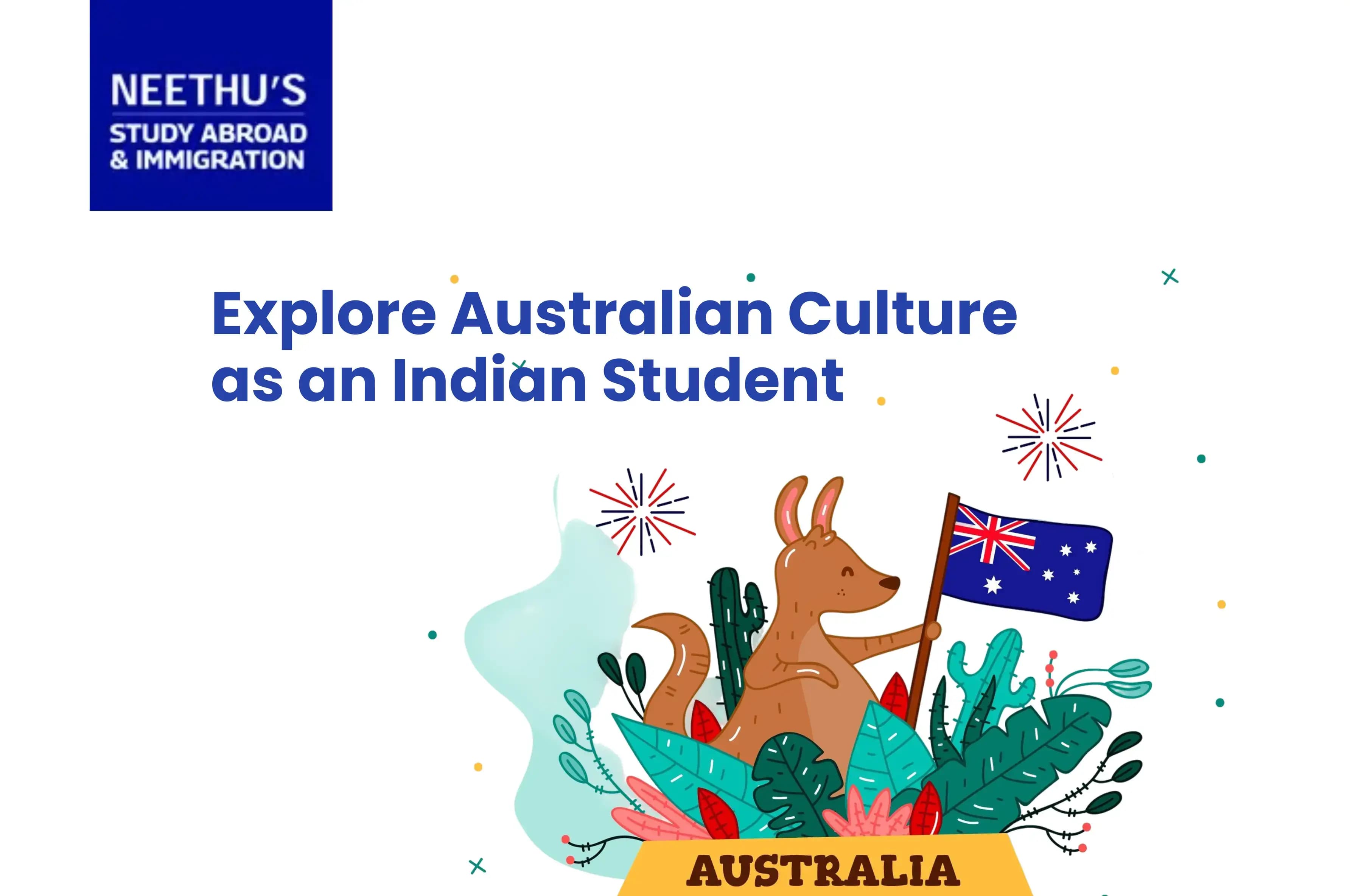

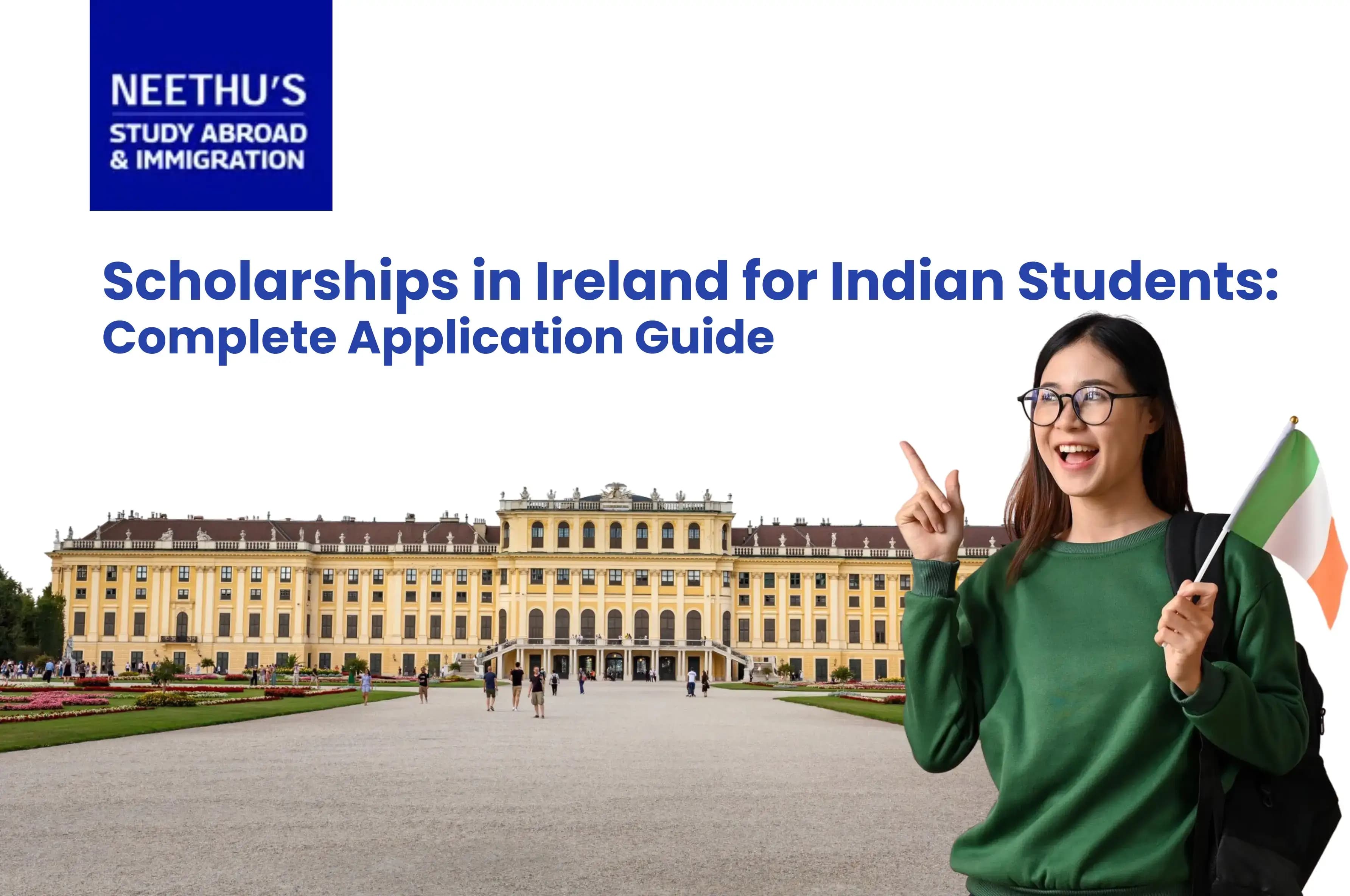























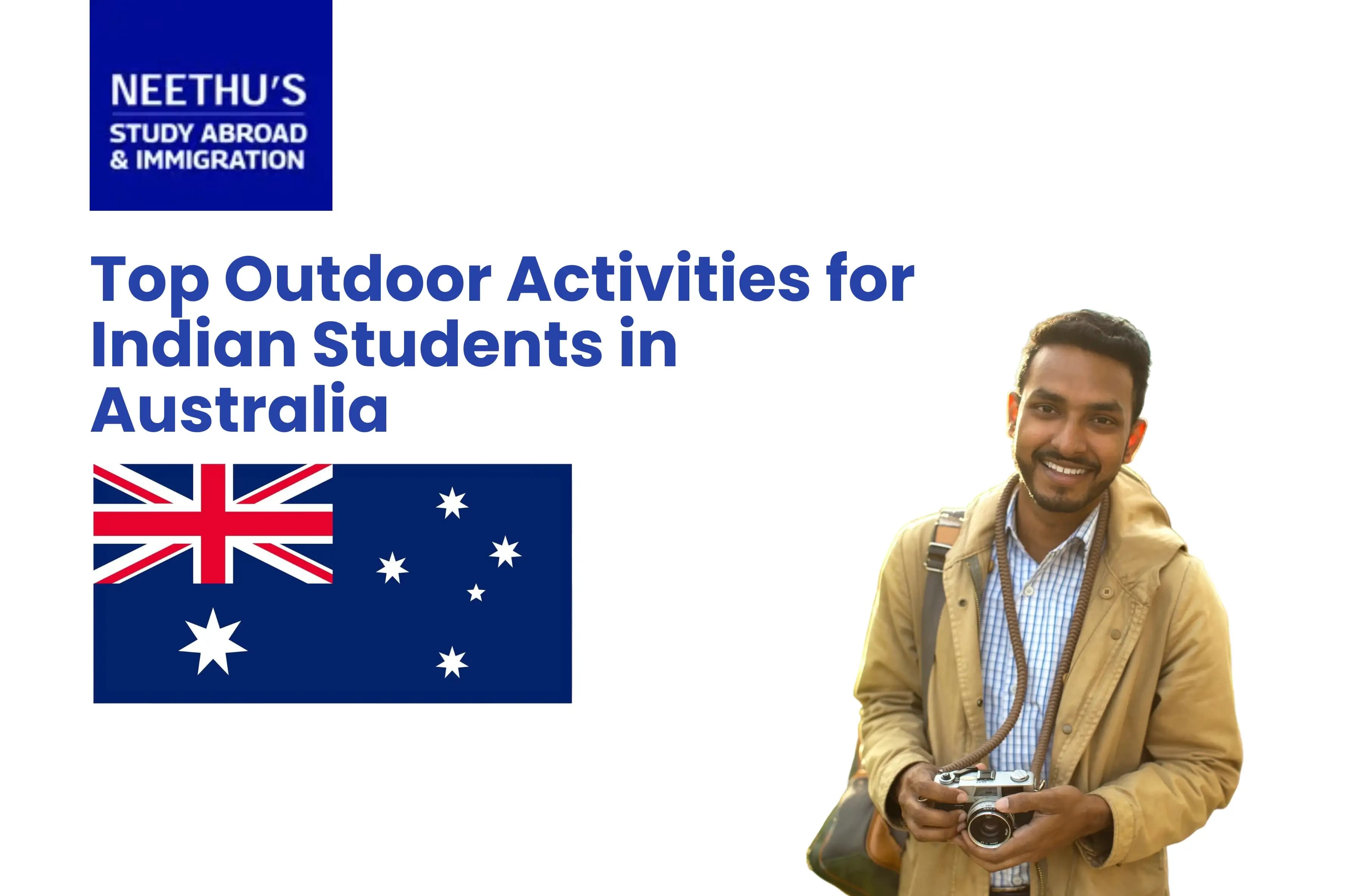


















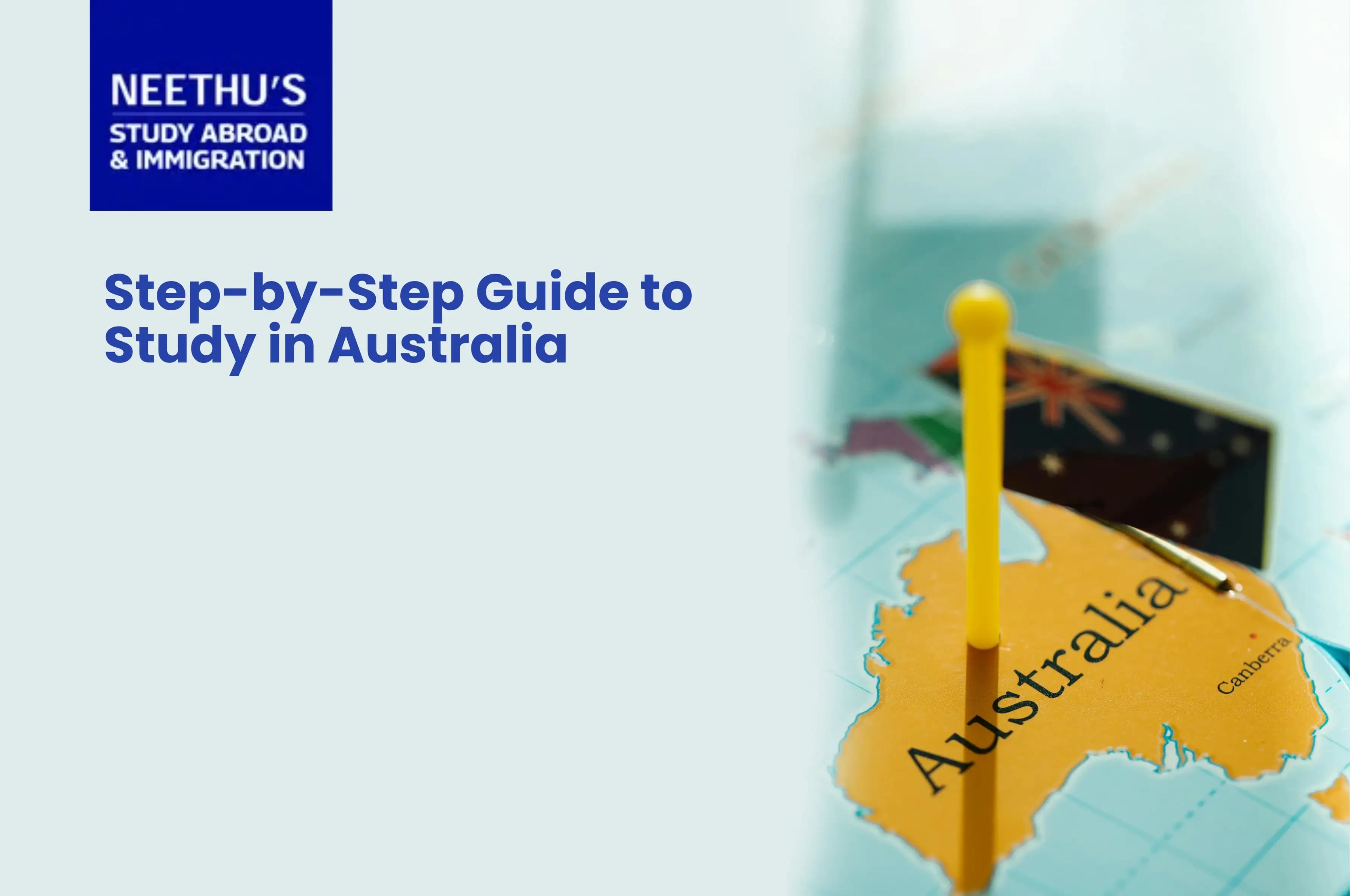

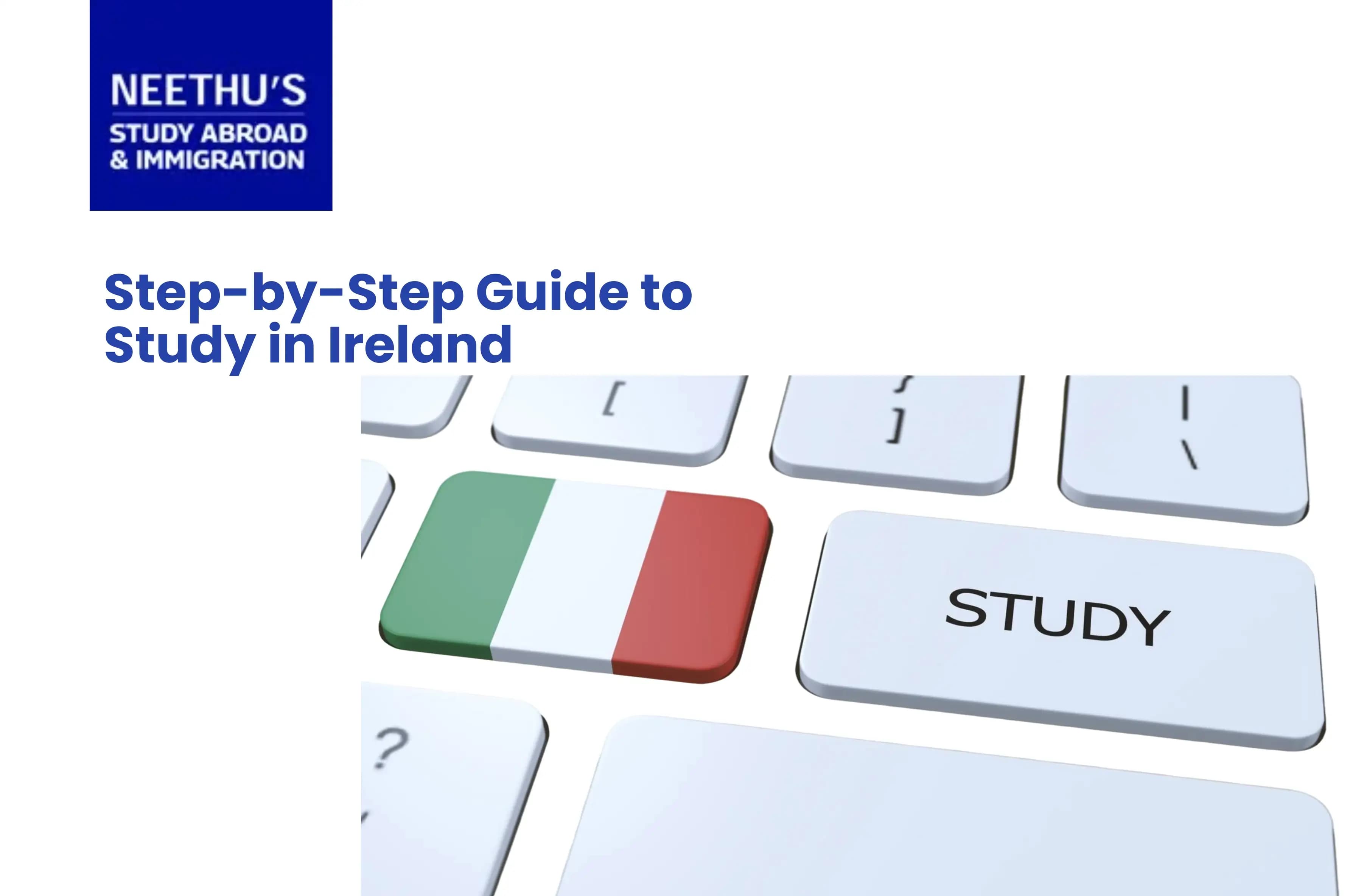



_12-06-2025_03-40-35%20PM.webp&w=3840&q=75)

